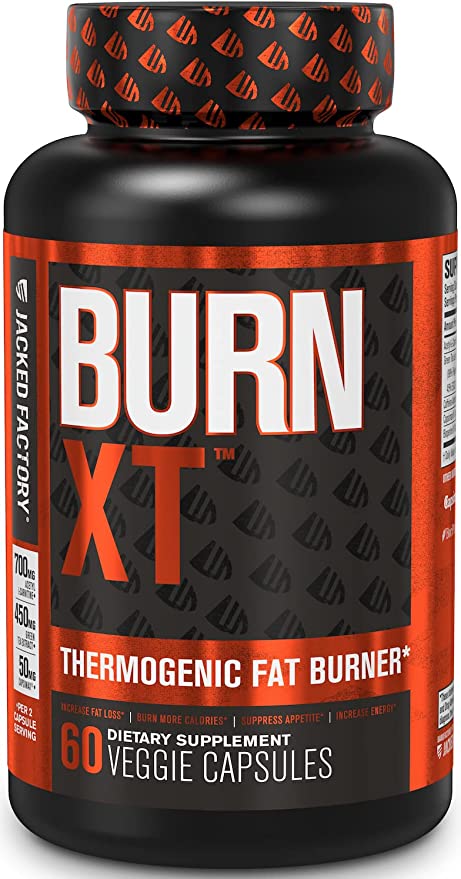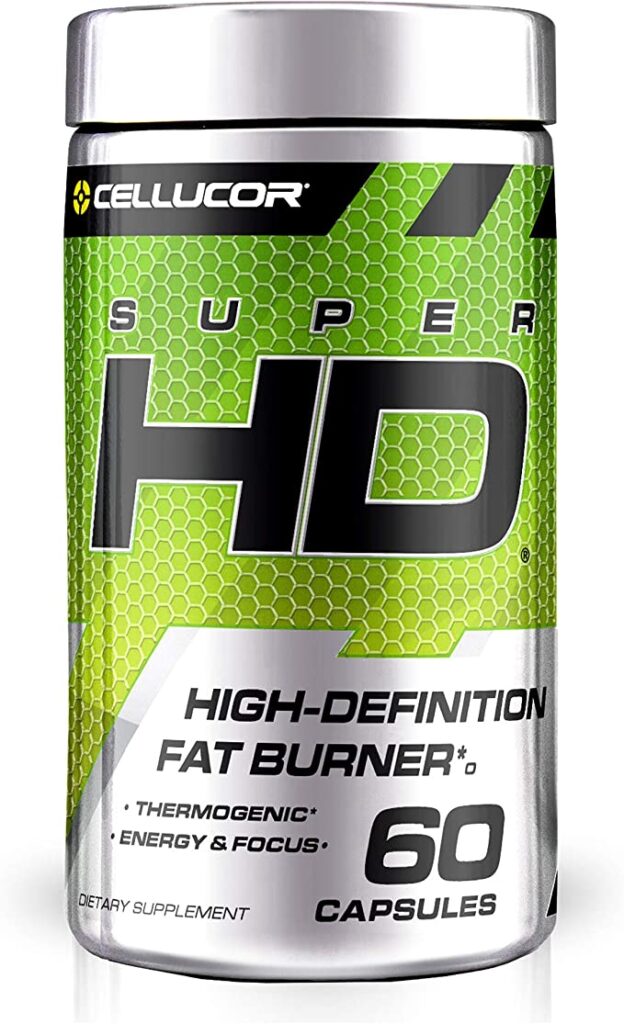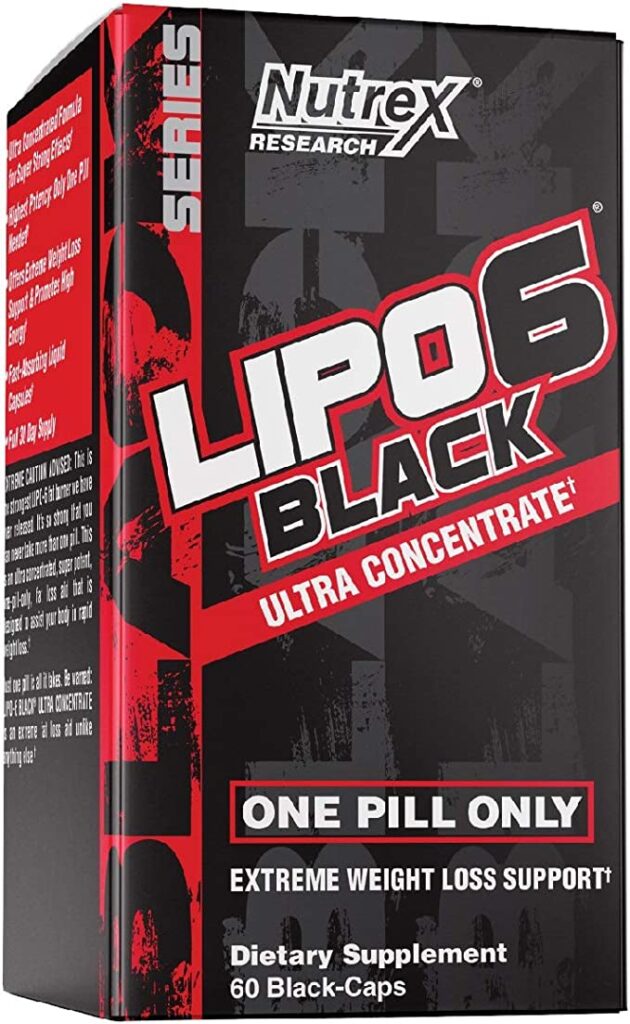Water weight can be a frustrating issue, especially when you’re trying to achieve your weight loss goals. Excess water retention can lead to bloating and make you feel uncomfortable in your own skin. However, by understanding the causes of water weight gain and implementing certain strategies, you can effectively shed those extra pounds of water. In this article, we will explore the reasons behind water weight gain and provide you with practical tips to lose water weight.
1. Introduction
When it comes to weight loss, many people focus solely on shedding fat. However, understanding water weight is crucial in achieving your desired results. Water weight refers to the excess fluid that your body retains, leading to temporary weight gain. It can be caused by various factors such as high sodium intake, hormonal changes, certain medications, and even weather conditions.

Burn-XT Thermogenic Fat Burner – Weight Loss Supplement, Appetite Suppressant, & Energy Booster – Premium Fat Burning Acetyl L-Carnitine, Green Tea Extract, & More – 60 Natural Veggie Diet Pills
2. Understanding Water Weight
What is water weight?
Water weight is the result of your body holding onto excess fluids. This can make you feel bloated and swollen, affecting your overall appearance and body weight on the scale. Unlike fat, water weight is temporary and can fluctuate throughout the day.
Causes of water retention
Water retention can be caused by several factors, including:
- High sodium intake: Consuming excessive amounts of sodium can lead to water retention as your body tries to maintain a balance of electrolytes.
- Hormonal changes: Women may experience water weight gain during their menstrual cycle or pregnancy due to hormonal fluctuations.
- Medications: Certain medications, such as corticosteroids and nonsteroidal anti-inflammatory drugs (NSAIDs), can cause water retention as a side effect.
- Weather conditions: Heat and humidity can cause your body to retain water to help regulate body temperature.
3. The Importance of Losing Water Weight
While water weight may seem insignificant compared to fat loss, shedding excess fluids can have several benefits. Here are some reasons why losing water weight is important:
- Reduced bloating: Excess water weight can lead to bloating and discomfort. By losing water weight, you can achieve a slimmer and more comfortable appearance.
- Enhanced definition: If you’re working on improving muscle tone, losing water weight can help reveal the definition and contours of your muscles.
- Motivation boost: Seeing the numbers on the scale drop due to water weight loss can provide a psychological boost and keep you motivated to continue on your weight loss journey.

Animal Cuts Thermogenic Fat Burner – Nootropic Weight Loss Management Diet Pills for Men and Women for Focus and Brain Support with Ketones
4. Tips to Lose Water Weight
Losing water weight requires implementing specific strategies that can help reduce fluid retention. Here are some effective tips to help you shed those extra pounds of water:
Increase water intake
It may seem counterintuitive, but drinking more water can actually help flush out excess fluids from your body. When you’re adequately hydrated, your body is less likely to hold onto water. Aim to drink at least 8-10 glasses of water per day.
Reduce sodium consumption
High sodium intake is a common culprit behind water retention. Minimize your consumption of processed foods, as they often contain high levels of sodium. Opt for fresh, whole foods and flavor your meals with herbs and spices instead.
Eat potassium-rich foods
Potassium helps regulate fluid balance in your body, making it an essential nutrient for losing water weight. Incorporate potassium-rich foods such as bananas, avocados, spinach, and sweet potatoes into your diet.
Engage in regular exercise
Exercise not only helps you burn calories but also promotes sweating, which can aid in flushing out excess water. Include both cardiovascular exercises and strength training in your fitness routine to maximize water weight loss.
Try natural diuretics
Certain foods and beverages have natural diuretic properties, meaning they can increase urine production and help eliminate excess fluids. Examples include cucumber, watermelon, lemon water, and herbal teas like dandelion tea.
Reduce stress levels
Chronic stress can contribute to water retention. Engage in stress-reducing activities such as meditation, yoga, or deep breathing exercises. Finding healthy ways to manage stress can help alleviate fluid retention.
5. Understanding Diuretics
Diuretics are substances that promote increased urine production and can be used to help lose water weight. However, it’s important to understand their potential risks and side effects.
Types of diuretics
There are both natural and pharmaceutical diuretics available. Natural diuretics include herbal teas, certain fruits, and vegetables. Pharmaceutical diuretics, on the other hand, are prescription medications that should only be used under medical supervision.
Potential side effects
While diuretics can be effective in reducing water weight, they can also cause side effects such as dehydration, electrolyte imbalances, and changes in blood pressure. It’s crucial to use diuretics responsibly and consult with a healthcare professional if considering their use.

Hydroxycut Hardcore Elite | Maximum Intensity Supplement | Focus + Energy Pills | 100 Pills
6. The Role of Diet in Losing Water Weight
Your diet plays a significant role in managing water weight. Here are some dietary considerations to help you lose excess fluids:
Focus on whole foods
Opt for whole, unprocessed foods that are rich in nutrients. These include fruits, vegetables, lean proteins, whole grains, and healthy fats. Such a diet can promote overall health and assist in reducing water retention.
Avoid processed foods
Processed foods often contain high levels of sodium, additives, and preservatives, which can contribute to water retention. Minimize your intake of packaged snacks, fast food, and pre-packaged meals.
Incorporate hydrating foods
Some foods have natural diuretic properties or high water content, which can help reduce water retention. Examples include cucumbers, watermelon, celery, and citrus fruits. Including these foods in your meals and snacks can support your efforts to lose water weight.
7. Lifestyle Changes to Support Water Weight Loss
In addition to dietary modifications, certain lifestyle changes can aid in losing water weight. Consider implementing the following habits:
Get enough sleep
Adequate sleep is crucial for overall health, including fluid balance. Aim for 7-9 hours of quality sleep each night to support your body’s natural processes, including the regulation of water levels.
Manage stress
Chronic stress can disrupt hormone levels and contribute to water retention. Incorporate stress management techniques such as meditation, deep breathing exercises, or engaging in activities you enjoy to help reduce stress and promote healthy fluid balance.
Limit alcohol and caffeine intake
Alcoholic beverages and caffeinated drinks like coffee and soda can dehydrate your body, leading to water retention. Limit your consumption of these beverages and opt for hydrating alternatives like herbal teas or infused water.
Engage in physical activity
Regular physical activity not only helps you burn calories but also promotes circulation and lymphatic drainage, which can aid in reducing water retention. Find activities you enjoy, such as walking, swimming, or dancing, and strive to be active on a daily basis.

Cellucor Super HD Thermogenic Fat Burner Weight Loss Supplement, Appetite Suppressant, & Energy Booster Capsimax, Green Tea Extract, 160mg Caffeine & More 60 Capsules (Packaging May Vary)
8. Common Misconceptions about Losing Water Weight
There are several misconceptions surrounding water weight loss that can lead to unrealistic expectations. It’s important to understand these misconceptions and focus on sustainable weight loss strategies. Here are a few common misconceptions:
Water weight vs. fat loss
Losing water weight is not the same as losing fat. While losing water weight can provide temporary relief from bloating and help you feel lighter, it does not directly contribute to long-term fat loss. Sustainable weight loss requires a combination of healthy eating, regular exercise, and lifestyle changes.
Sustainable weight loss strategies
It’s crucial to focus on sustainable weight loss strategies rather than quick fixes or extreme measures. Crash diets or excessive sweating through saunas or excessive exercise may lead to temporary water weight loss, but it is not a healthy or sustainable approach. Instead, prioritize a balanced diet, regular exercise, and healthy habits for long-term success.

Nutrex Research Lipo-6 Black Ultra Concentrate | Thermogenic Energizing Fat Burner Supplement, Increase Weight Loss, Energy & Intense Focus | 60Count
9. Conclusion
Losing water weight can be achieved through a combination of dietary modifications, lifestyle changes, and a balanced approach to overall health and wellness. By incorporating strategies such as increasing water intake, reducing sodium consumption, engaging in regular exercise, and managing stress levels, you can effectively shed excess fluids and reduce bloating. Remember that losing water weight is just one aspect of your weight loss journey, and it’s important to focus on sustainable habits for long-term success.
FAQs
How long does it take to lose water weight?
The timeline for losing water weight can vary depending on individual factors. With the right strategies, you may start noticing a difference within a few days, but sustained changes may take a couple of weeks.
Can drinking more water help reduce water weight?
Yes, increasing your water intake can actually help flush out excess fluids and reduce water weight. Aim to drink enough water throughout the day.
Are there any medical conditions that cause water retention?
Yes, certain medical conditions such as kidney problems, heart disease, and hormonal imbalances can contribute to water retention. If you suspect an underlying condition, it’s best to consult with a healthcare professional.
Is it safe to use diuretics for losing water weight?
Natural diuretics, when used in moderation, can be safe for losing water weight. However, pharmaceutical diuretics should only be used under medical supervision due to potential side effects.
Can excessive sweating help in losing water weight?
Excessive sweating can lead to temporary water weight loss through fluid loss. However, it’s important to rehydrate adequately and not rely solely on sweating as a weight loss method.
Are there any specific foods that can help with water weight loss?
While there are no magical foods that directly target water weight loss, incorporating hydrating foods such as cucumbers, watermelon, and celery can contribute to overall hydration and potentially assist in reducing water retention.
Can hormonal changes affect water weight?
Yes, hormonal fluctuations, particularly during the menstrual cycle, can contribute to water weight gain. It is common for women to experience temporary weight fluctuations due to water retention during certain phases of their menstrual cycle.
Can medications cause water retention?
Yes, certain medications such as hormonal contraceptives, antidepressants, and nonsteroidal anti-inflammatory drugs (NSAIDs) may cause water retention as a side effect. If you suspect that your medications are contributing to water retention, consult with your healthcare provider.
Can dehydration contribute to water weight gain?
Paradoxically, dehydration can actually lead to water weight gain. When your body is dehydrated, it tends to hold onto fluids as a defense mechanism. It is essential to stay hydrated to promote proper fluid balance.
Is it normal for water weight to fluctuate throughout the day?
Yes, it is normal for water weight to fluctuate throughout the day. Factors such as food intake, physical activity, and hormone levels can influence the amount of water your body retains. Remember to focus on long-term trends rather than day-to-day fluctuations.
Remember, losing water weight is a temporary solution for reducing bloating and achieving a slimmer appearance. For sustainable and healthy weight loss, it is important to adopt a balanced approach that includes a nutritious diet, regular exercise, and overall lifestyle changes.
Thank you for reading our comprehensive guide on how to lose water weight. We hope these tips and insights help you on your journey towards a healthier and more comfortable body. If you have any further questions or need personalized guidance, consult with a healthcare professional or a registered dietitian. Start implementing these strategies today and experience the benefits of shedding those excess pounds of water weight.

VINTAGE BURN Fat Burner – The First Muscle-Preserving Fat Burner Thermogenic Weight Loss Supplement – Keto Friendly, Appetite Suppressant – For Men and Women – 120 Natural Veggie Diet Pills
